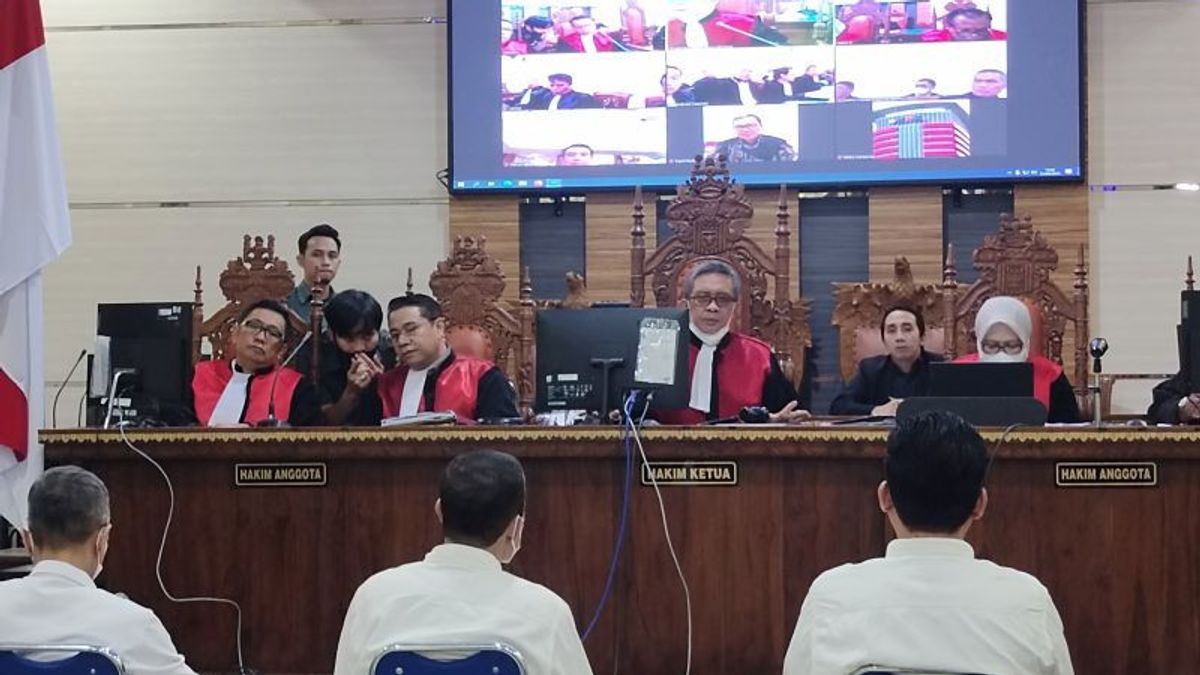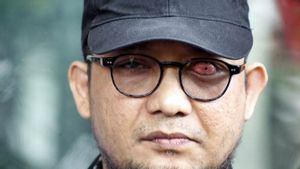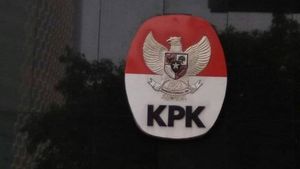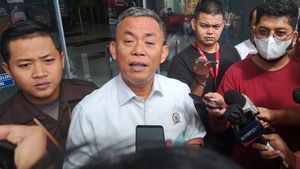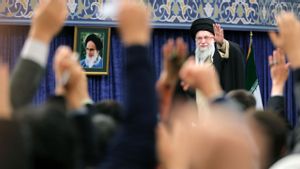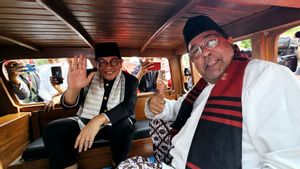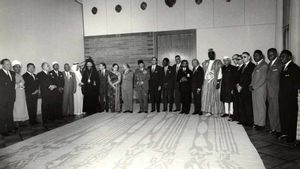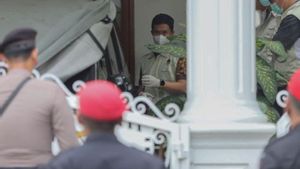The provision of donations or donations should not be a basis for consideration for graduating prospective students to enter state universities (PTN).
This was conveyed by Waluyo, an expert witness who was presented at the follow-up trial of the bribery case for accepting new students (PMB) with three defendants, former Chancellor of Unila Karomani, former Vice Chancellor of Unila Heryandi, and former Senate Chairperson of Unila Muhammad Basri.
"Donations or contributions or anything should not be the basis for determining whether or not a prospective new student will be accepted," said Waluyo at the Tanjungkarang District Court (PN), Bandarlampung, Tuesday, April 11, which was confiscated by Antara.
During the trial, Waluyo, who is also a lecturer at Sebelas Maret University (UNS) Surakarta, explained that the affirmation pathway in PMB a PTN is intended for prospective new students from the leading, outermost, underdeveloped or 3T regions and not for relatives of the academic community.
"Because of the affirmation, in my opinion, it is intended for prospective students who are in 3T locations," he said.
According to Waluyo, the highest leader in a PTN, in this case the rector, must not exceed the authority in the PMB selection because it must refer to the applicable laws and regulations.
"SPI (Institutional Development Contribution) is indeed allowed for parents to provide it, as long as it has been regulated by previous regulations and its designation for institutional development, and it is also reported and transparent," he explained.
اقرأ أيضا:
However, he continued, if the donations made by the parents of prospective students or prospective students are not regulated in the previous regulations and their interests are not for institutions, then this is not allowed.
"It is not allowed if it has not been regulated in the predetermined provisions, especially if it is used for personal gain, it violates the applicable rules," he added.
This is in accordance with Law (UU) Number 28 of 1999 concerning State Administrators who are Clean and Free from Corruption, Collusion, and Nepotism. So, continued Waluyo, the provision of something that affects the position or acceptance of prospective students violates the authority according to the regulations.
"The regulation stipulates that in accepting students, other pathways regulated in universities are indeed allowed to regulate assistance. However, this is not the basis for graduating someone to college. However, campuses should not rule out academic standards that have been set by regulations and assistance is not for personal use. So, the value of assistance is not the main basis in determining graduation," said Waluyo.
During the trial, the public prosecutor (JPU) of the Corruption Eradication Commission (KPK) presented two expert witnesses, namely Waluyo and Sigid Riyanto from Gajah Mada University (UGM) Yogyakarta.
The follow-up trial led by Chief Justice Lingga Setiawan and four other member judges was held online because two expert witnesses were unable to attend in person.
The English, Chinese, Japanese, Arabic, and French versions are automatically generated by the AI. So there may still be inaccuracies in translating, please always see Indonesian as our main language. (system supported by DigitalSiber.id)
